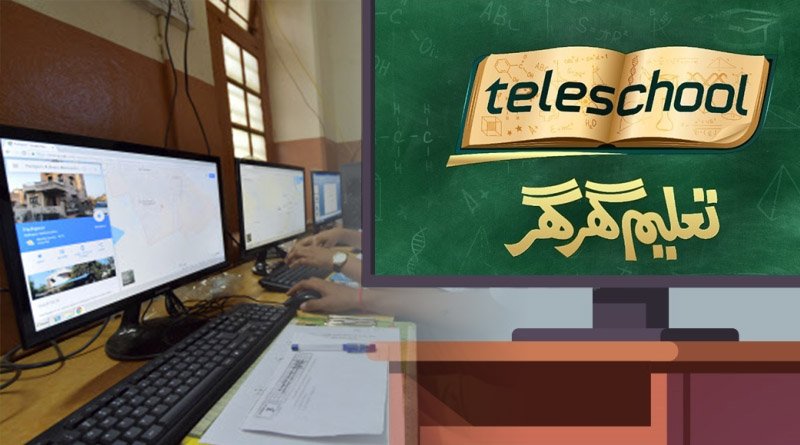The official Teleschool Pakistan App, which offers students online education, has been a huge success with students all over Pakistan, according to the prime minister.

The official Teleschool Pakistan App, which offers students online education, has been a huge success with students all over Pakistan, according to the prime minister.
He expressed his happiness on Twitter, writing: “Glad that the work to create the Teleschool Pakistan App is now paying off. More than 10,000 downloads in 310 cities, 5,500 registrations, and 17,000 video views in just one week are indicators of students’ keen interest.
The vision of #TaleemGharGhar (education in every home) is getting closer to reality. It is important to note that the Ministry of Federal Education and Professional Training’s Teleschool App initiative has received a strong response, garnering more than 10,000 downloads in 310 cities across the nation since its launch last week.
Around 5,500 enrollments were recorded on the Teleschool App over the course of the previous week, according to official sources in the Ministry of Federal Education and Professional Training, APP was told.
They added that 17,000 videos of various class lessons had been watched in just one week, which was evidence of its popularity with the underprivileged, particularly in remote parts of the nation.
They added that cutting-edge tools like Teleschool would be used to raise educational standards even higher.
It should be noted that the Prime Minister last week unveiled the Teleschool Pakistan App, Google for Education, and Digital Continuous Professional Development initiative to offer students in grades 1 through 12 access to online education. The programme will further transform the formal education system in the nation.
In the meantime, the plan to launch the first-ever TeleSchool programme in 2020 in response to the coronavirus pandemic had taken concrete form, with the aim of delivering educational content to students’ doors via telecast. According to the sources, “tele-education is the future, so we can now reach those areas where we have not yet built infrastructure.”
Even though the education sector faces significant obstacles like the more than 20 million children who are not in school and the low 60 percent literacy rate, the education ministry has been implementing programmes like tele-education.
Access to education has also been greatly aided by mobile phones. The school day lasts ten hours, from eight in the morning until six in the evening, and it caters to students in grades one through twelve.
The content has been matched with students’ learning objectives for the key subjects of the national curriculum, claims the Ministry of Education.
According to the ministry, PTV was chosen as the broadcast medium because 95% of people could access its services. Officials from the Federal Directorate of Education have organised the content (FDE). Some digital platforms for creating educational content offered assistance without charge. The channel has a significant positive impact on kids who live in remote locations as well.
However, the initiative’s goal is to bring education to kids where they live. The initiative has received positive feedback from the populace, especially in rural areas of the nation where there was no infrastructure for primary education.